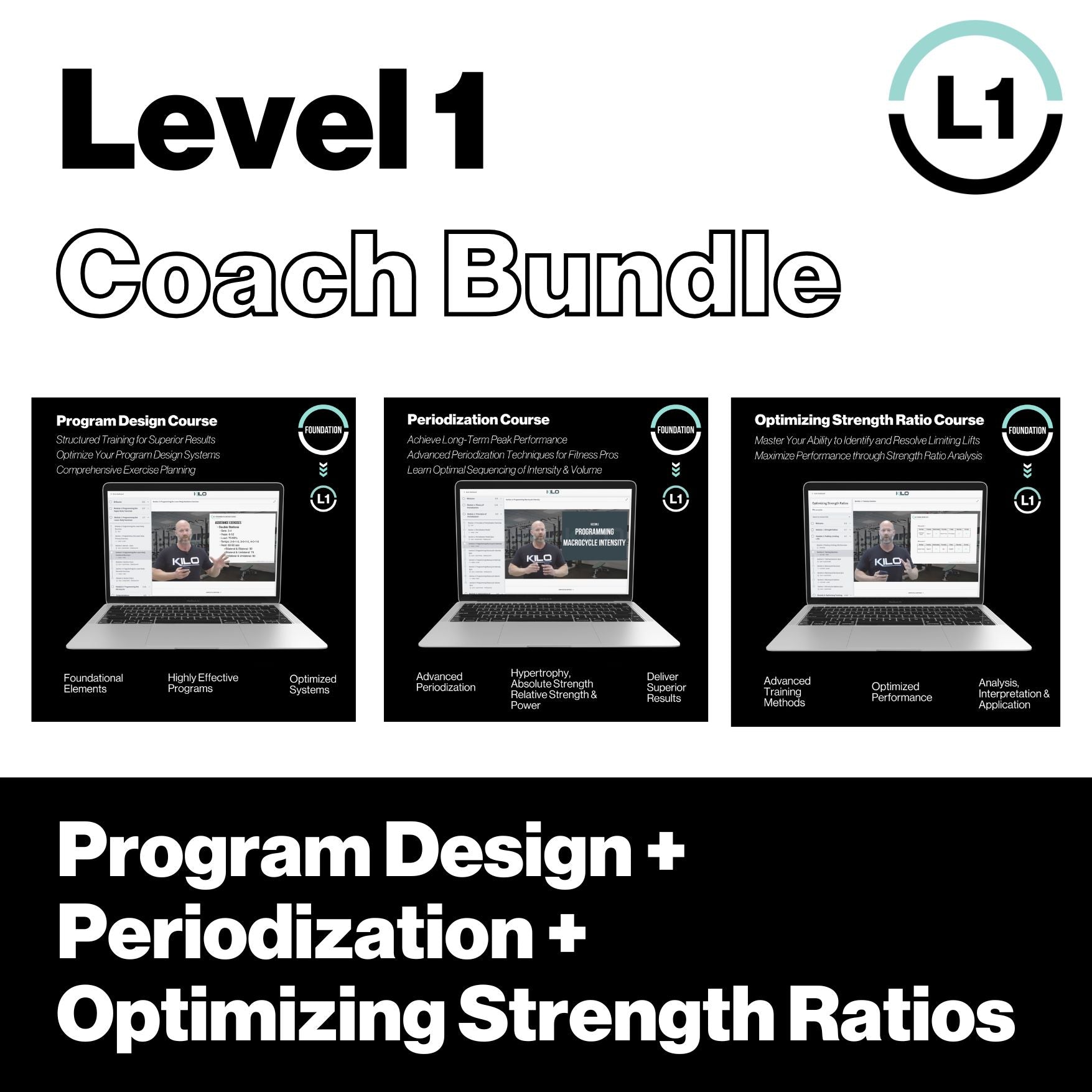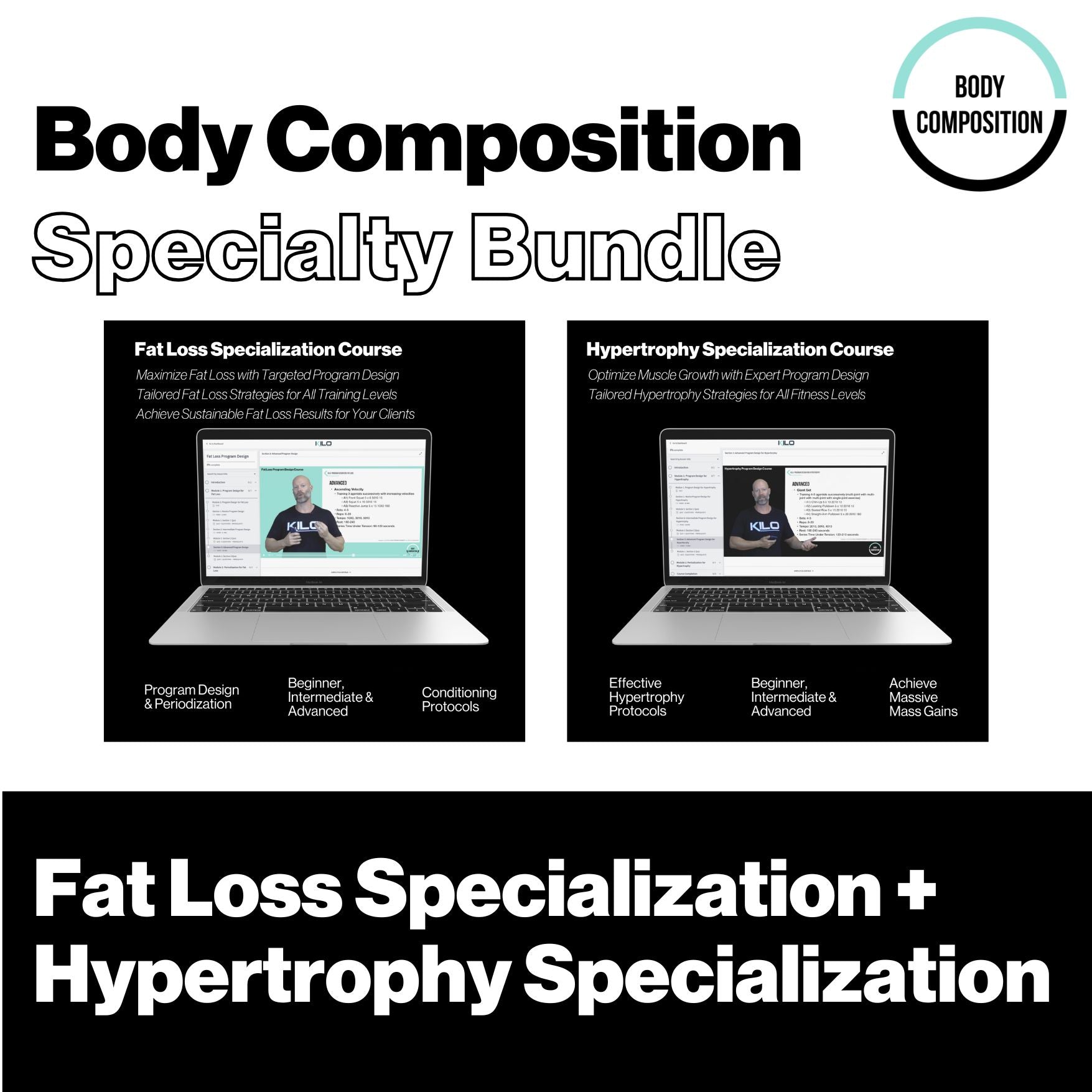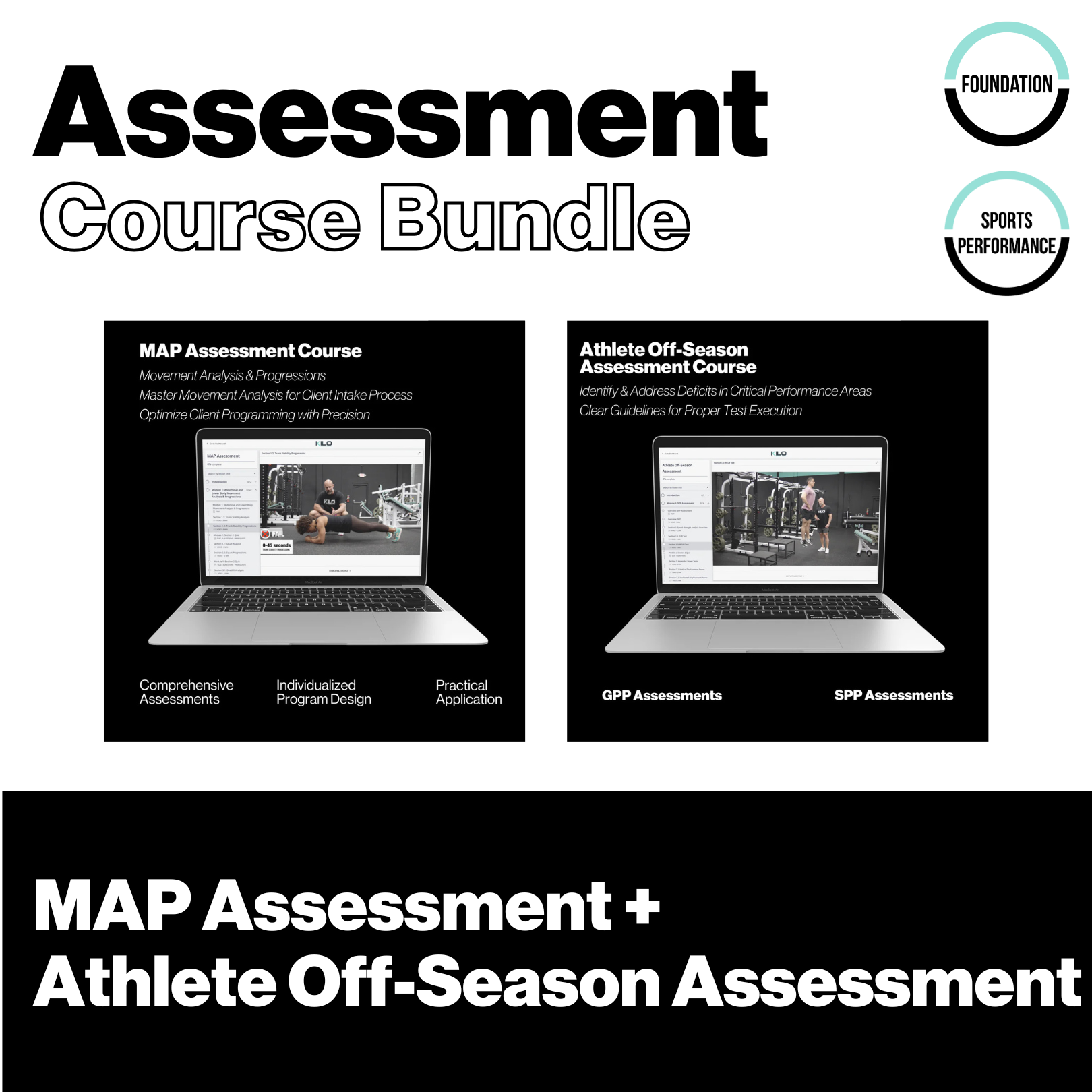At KILO, our coaching isn’t just built in the gym, it’s built in the pages of textbooks, research journals, and the insights of the world’s leading minds in strength and conditioning. These 12 books have helped shape our approach to training, education, and athlete development. Each one brought something unique to our journey, and we’ve grouped them into four categories to guide yours:
- Foundational Classics
- Science and Physiology
- Periodization and Program Design
- Applied Strength Coaching
We’ve included Amazon links for easy access to most of the books, but please note that some of these titles are older and may be harder to find new. If they’re not linked or out of stock on Amazon, you might still be able to grab a used copy on platforms like eBay.
Foundational Classics
1. Science and Practice of Strength Training
By Vladimir Zatsiorsky, William Kraemer, Andrew Fry
This classic integrates Eastern European and North American coaching models to deliver a comprehensive and practical guide to strength training. The third edition features updated chapters on velocity, overtraining, and athlete monitoring, providing an ideal blend of science and application. It’s a structured roadmap for understanding how physiology informs real-world programming.
Why we love it: This book is a true strength training classic that influenced so many great coaches. It laid the foundation for everything that followed in our coaching careers.
2. Supertraining
By Yuri Verkhoshansky and Mel Siff
With over 600 pages of in-depth theoretical knowledge, Supertraining delves into the adaptation process, sport-specific strength, recovery, periodization, and the science of physical preparation. It’s complex, rigorous, and one of the most cited resources in elite-level sports science.
Why we love it: It’s the hardest book we’ve ever read, but the insights it contains changed how we think about training. Every page challenged us to go deeper.
3. Poliquin Principles
By Charles Poliquin
This book distills Poliquin’s unique training systems and philosophies into clear, actionable points for coaches, athletes, and bodybuilders. From exercise selection to training frequency, it covers foundational principles with an emphasis on practical execution.
Why we love it: Stéphane read this book in college, and it inspired him to be the best strength coach he could be. Charles was his biggest influence at the time, he devoured everything he wrote.
Science and Physiology
4. Strength and Power in Sport
Edited by Paavo Komi
This academic volume brings together elite physiologists and sports scientists to explore the neuromechanics of strength, muscle physiology, and the science of training. The second edition expands on neural adaptations, biomechanics, and sport-specific applications.
Why we love it: This book covers numerous important scientific concepts within the strength and conditioning world, with each aspect presented by one of the most recognized experts at the time on that specific topic.
5. The Physiology of Training
By Gregory Whyte and Neil Spurway
This book provides a comprehensive look at the physiological basis of training, including energy systems, recovery, adaptations, and responses to different exercise modalities. It’s highly accessible and packed with both theory and real-world examples.
Why we love it: We picked this up to deepen our understanding of the underlying science. It’s well written, easy to digest, and reinforces the concepts we use every day at KILO.
6. Strength and Conditioning: Biological Principles and Practical Applications
By Marco Cardinale, Robert Newton, Kazunori Nosaka
Divided into four detailed sections, this book addresses biological responses to training, monitoring systems, program design, and rehabilitation strategies. It merges research with application across a wide range of coaching scenarios.
Why we love it: Charles Poliquin gave Stephane this book in 2012. It’s one of the most comprehensive texts he's read, and it’s still one of his go-to references.
7. Strength and Conditioning in Sports: From Science to Practice
By Michael Stone, Timothy Suchomel, W. Hornsby, John Wagle
Stone and his co-authors deliver a comprehensive, science-backed guide to athlete development. The book details periodization strategies, monitoring, fatigue management, and how to align training processes with physiological mechanisms.
Why we love it: Mike Stone has been a major influence on our development as coaches. This book ties together scientific theory that can easily be translated to real-life programming better than most.
Periodization and Program Design
8. Periodization of Strength Training for Sports
By Tudor Bompa and Carlo Buzzichelli
This classic text outlines six clearly defined phases of strength training, from anatomical adaptation to peaking. With sport-specific guidance and structured timelines, it provides coaches with the tools to prepare athletes for competition at the optimal time.
Why we love it: Bompa is the modern father of periodization. His structured approach taught us how to sequence training to maximize performance.
9. Scientific Foundations and Practical Applications of Periodization
By G. Gregory Haff
Haff integrates modern research with practical templates to build holistic periodization systems. It incorporates monitoring tools, nutritional strategies, and recovery modalities in ways that reflect how top-level programs are actually built.
Why we love it: This book is a recent read, and one of the best. It’s readable, evidence-based, and offers insights that can instantly elevate your understanding of periodization.
10. How to Write Strength Training Programs
By Ian King
Ian King provides a straightforward, step-by-step guide on how to create personalized training programs. It’s particularly valuable for developing coaches seeking a clear structure for writing effective workouts.
Why we love it: This book is ideal for the entry-level coach. It helped us organize ideas and gave us a methodical way to build programs with purpose.
Applied Strength Coaching
11. Fitness and Strength Training for All Sports
By Jurgen Hartmann
Rooted in East German data and training methodology, this book blends physiological theory with sport-specific programming tools. It includes unique exercise illustrations and rare partner drills still applicable today.
Why we love it: This book can be considered an underground classic. It offers practical applications of training theory that you won’t find in mainstream texts.
12. Developing the Athlete: An Applied Sport Science Roadmap for Optimizing Performance
By William J. Kraemer, Nicholas Ratamess, Thomas Newman
This book explains how to build and manage an athlete development team, integrating testing, monitoring, and program design for elite performance. It’s a full roadmap for turning data into development.
Why we love it: Kraemer is a pioneer in North American exercise science. He has an extensive repertoire of publications that shaped many coaches. His passion and clarity come through on every page. This book refined our understanding of long-term development.
Final Thoughts
These books are more than just shelf pieces, they’re some of the bricks that built our system. From foundational science to hands-on application, they’ve influenced how we train, teach, and lead.
If you're serious about becoming the best coach you can be, start here. One book at a time, you’ll not only sharpen your knowledge, you’ll strengthen your system.







Share:
The B-Stance Deadlift: A Smarter Way to Manage Fatigue in Your Training
The Fitness-Fatigue Paradigm: The Engine Behind Performance